About Us
Mountain Enterprises International
Based in the U.S., Mountain Enterprises International (MEI) deploys human and financial capital to help fund and develop self-sustaining businesses that have both economic and social impact that benefit local economies and communities living in the mountainous regions of Central Asia. Current projects underway include Mountain Food Products (MFP), which operates food production and water treatment facilities in Khorog, Tajikistan. MFP sources locally-grown crops and produces premium, healthier, and affordable snack and other food products, creating sustainable employment and better food security for local communities in the region.
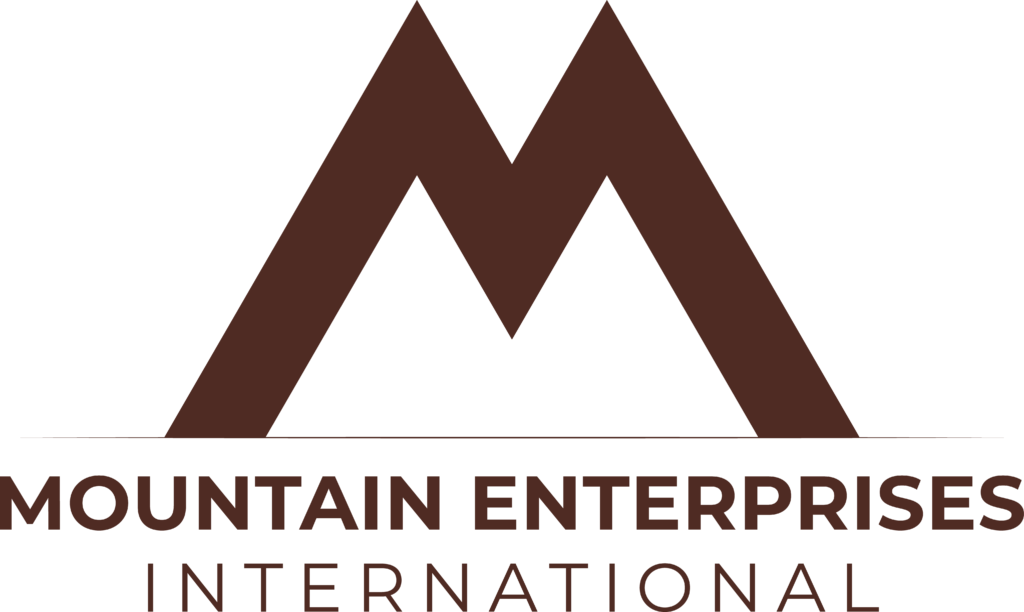
Challenges

DYNAMIC CHALLENGES
Borders and political authority in the Western Pamir had always been contested by imperial powers. Between the 17th and 19th centuries, several semi-self-governing statelets ruled over the territories that are today a part of Gorno-Badakhshan Autonomous Region in Tajikistan and Badakhshan Province in Afghanistan. In the late 19th century, the emirates of Kokand and then Bukhara held political authority over the region until the Western Pamir was colonized by Russia in 1896.Although Russia and the British Empire in 1896 denominated their shared border through the Pamir, other regional powers like China and Afghanistan, but also the ruling elites of Badakhshan, Bukhara, Kashgaria, and Kashmir worked for expending their influence in the Pamir.

SUBSISTENCE FARMING
Due to the region’s geographic constraints, agriculture is particularly challenging for communities living in the mountainous regions of Central Asia. Only 7% of the land is arable and characterized by poor soil quality and 97% of the arable land is prone to soil degradation, reducing the capacity for sustainable cultivation. The region also struggles with an unstable supply chain for suitable potatoes, hindering agricultural productivity. The lack of access to quality seeds suitable for production poses another significant hurdle for local farmers and irregular farming practices result in low yields, perpetuating the cycle of agricultural difficulties.
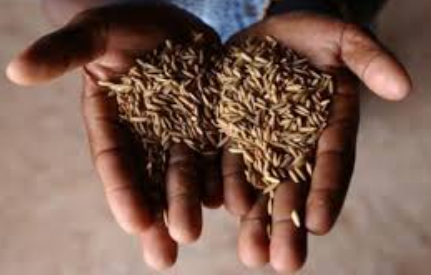
POOR FOOD PRODUCTION
With 30.1% of residents experiencing undernourishment, food security in the mountainous regions of Central Asia presents formidable challenges. Local food production grapples with poor supply chains, poor water quality, and a lack of infrastructure. Imported snack foods, also contribute to the problem, as they are of poor quality and may lack essential nutrients. Moreover, nutritionally balanced food is generally unaffordable, leaving a significant portion of the population undernourished. As a result, 30% and 56% of households in the region cannot afford a nutritious diet.

HIGH LOCAL UNEMPLOYMENT
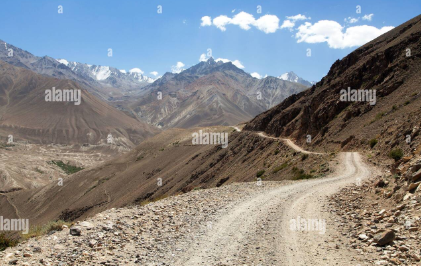
POOR ROAD CONDITIONS
The people living in the mountainous regions of Central Asia grapple with severe challenges in terms of poor road conditions and inadequate transportation systems, significantly impacting the local population and the regional economy. The rugged topography presents formidable obstacles to constructing and maintaining reliable road networks. Insufficient infrastructure investment has left many roads in a state of disrepair, characterized by potholes, uneven surfaces, and a lack of proper signage. This hampers not only the ease of travel but also poses serious safety risks for commuters. The limited mobility impedes economic activities, making it challenging for farmers to transport their produce to markets and inhibiting the growth of local businesses. The adverse impact extends to the broader regional economy, hindering trade and economic development.
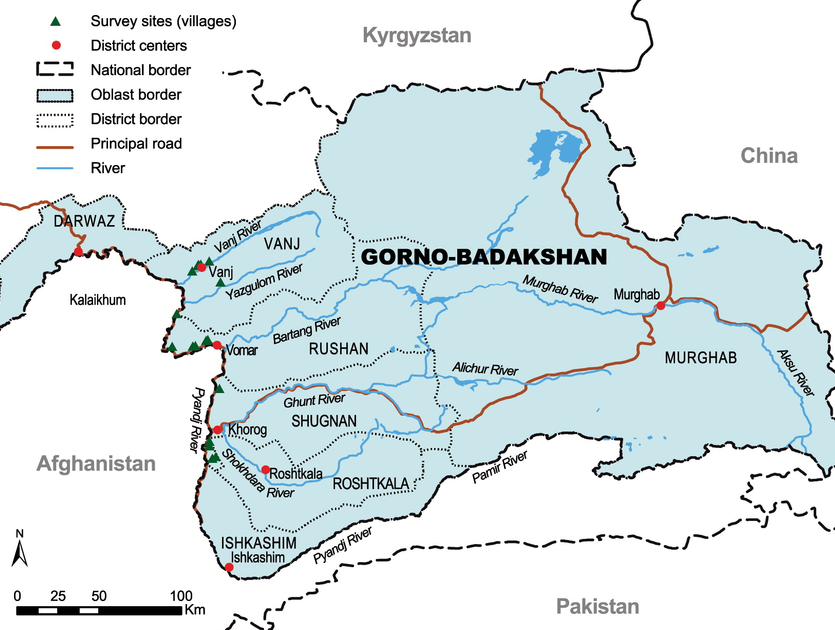
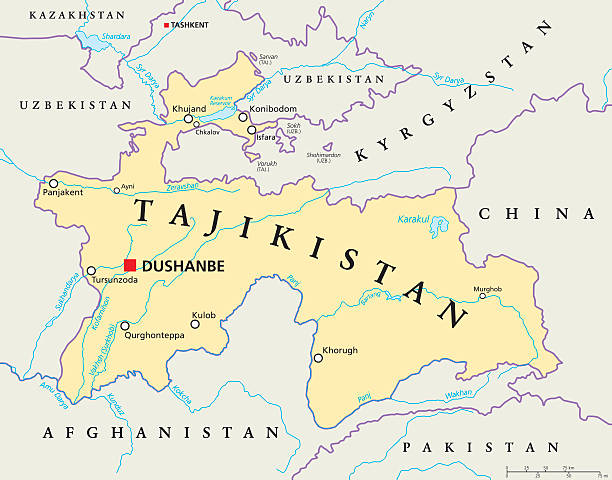
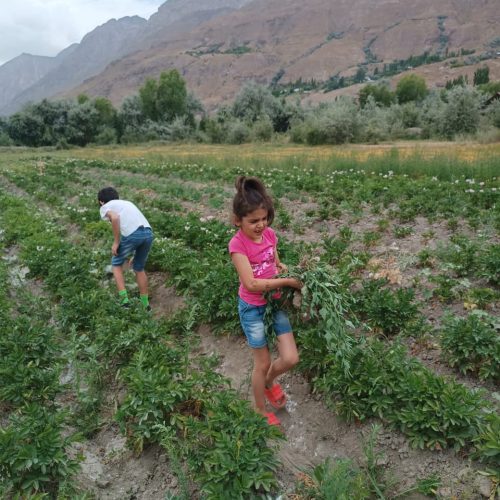
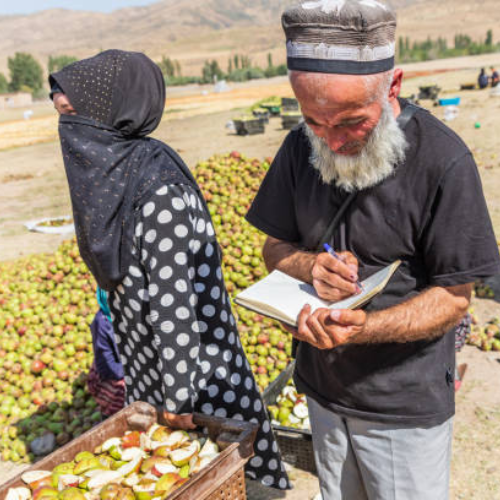
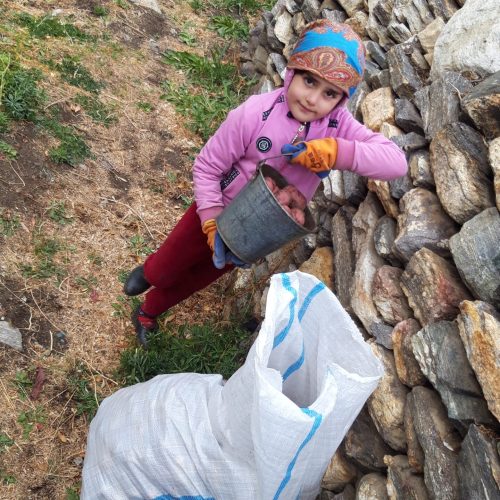
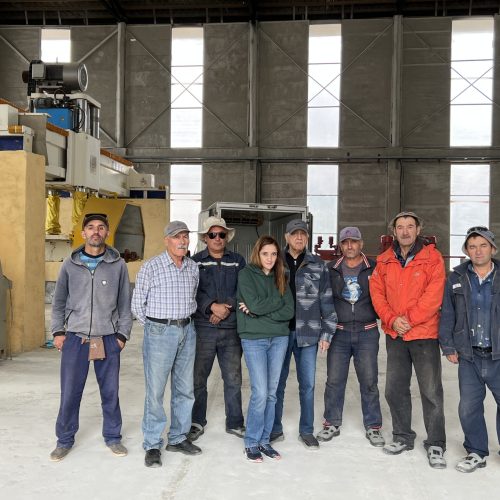
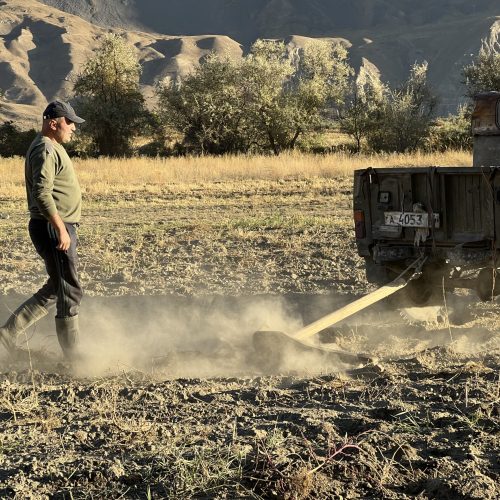
Our Objectives
- Employment: Provide sustainable employment for people from ultra-poor families
- Increase Food security: invest in rebuilding a sustainable potato supply chain in Tajikistan by empowering local farmers in the region
- Affordability: Produce affordable, healthier food products using local human resources and raw materials
- Knowledge transfer: Train people to be skilled workers and business-oriented management using best practices
- Produce fresh, clean water: While food production requires clean water, MFP aims to provide fresh drinking water to Khorog and the region
Our History
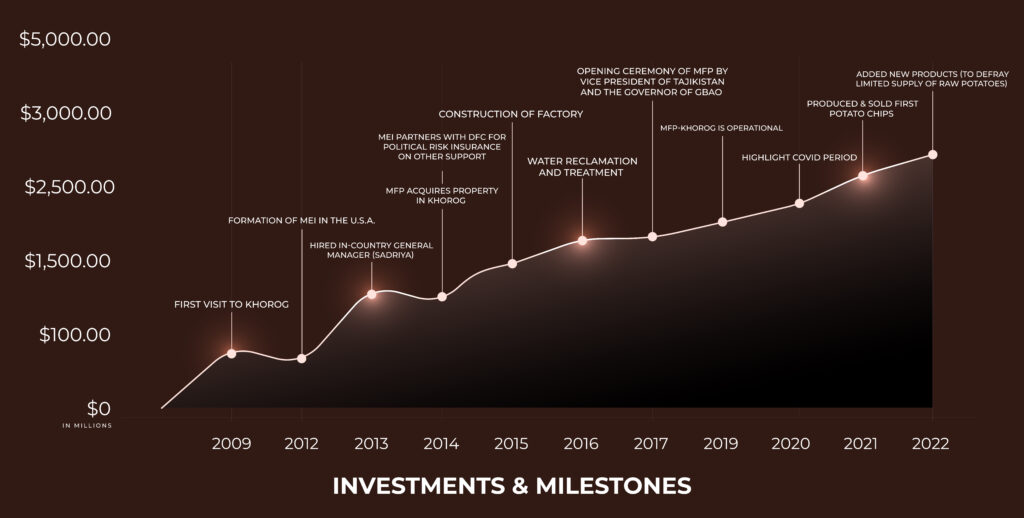
Our Values
Sustainable Social Capitalism
Sustainable Social Capitalism
Respect For Local People And Culture
Respect For Local People And Culture
Source Local Raw Materials
Source Local Raw Materials
Support The Community
Support The Community
Create Uplifting Employment
Create Uplifting Employment
Produce High-quality Products
Produce High-quality Products
Our Team
The founders of MEI believe that by uniting individuals from diverse backgrounds behind a worthy cause, we can develop groundbreaking solutions to tackle even the most ominous challenges. MEI was founded by American investors and entrepreneurs who set out to create sustainable businesses that take advantage of local resources (crops and people) thereby supporting communities and alleviating poverty in the region by providing meaningful employment opportunities. MEI is managed by a Board of Directors based in the U.S.A.
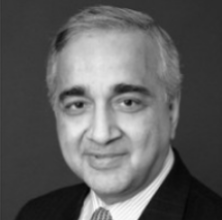
Iqbal Talib
Iqbal Talib is an engineer, entrepreneur, and investor who has founded and run several successful businesses in retail, construction, manufacturing, and technology. He has 45 years of professional experience with private companies in North America, South America, Africa, South Asia, and Central Asia and 40 years of voluntary service. Iqbal serves as Chairman of MEI and represents MEI on the Board of Directors of MFP.

Bruce Boss-Sherif
Behrooz Ross-Sheriff is a geographer, investor, and international agriculture development expert with 45 years of professional experience with private companies, the UN, the World Bank, the Asian Development Bank, USAID. Behrooz is a member of MEI’s Board of Directors.
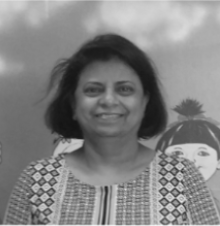
Dr. Dilshad Hemani
Dr. Dilshad Hemani is a practicing pediatrician for over 30 years and owner and director of "Rainbow Pediatrics, Takoma Park, Maryland in the United States. Dilshad is a member of MEI. Board of Directors.
Our Partners

